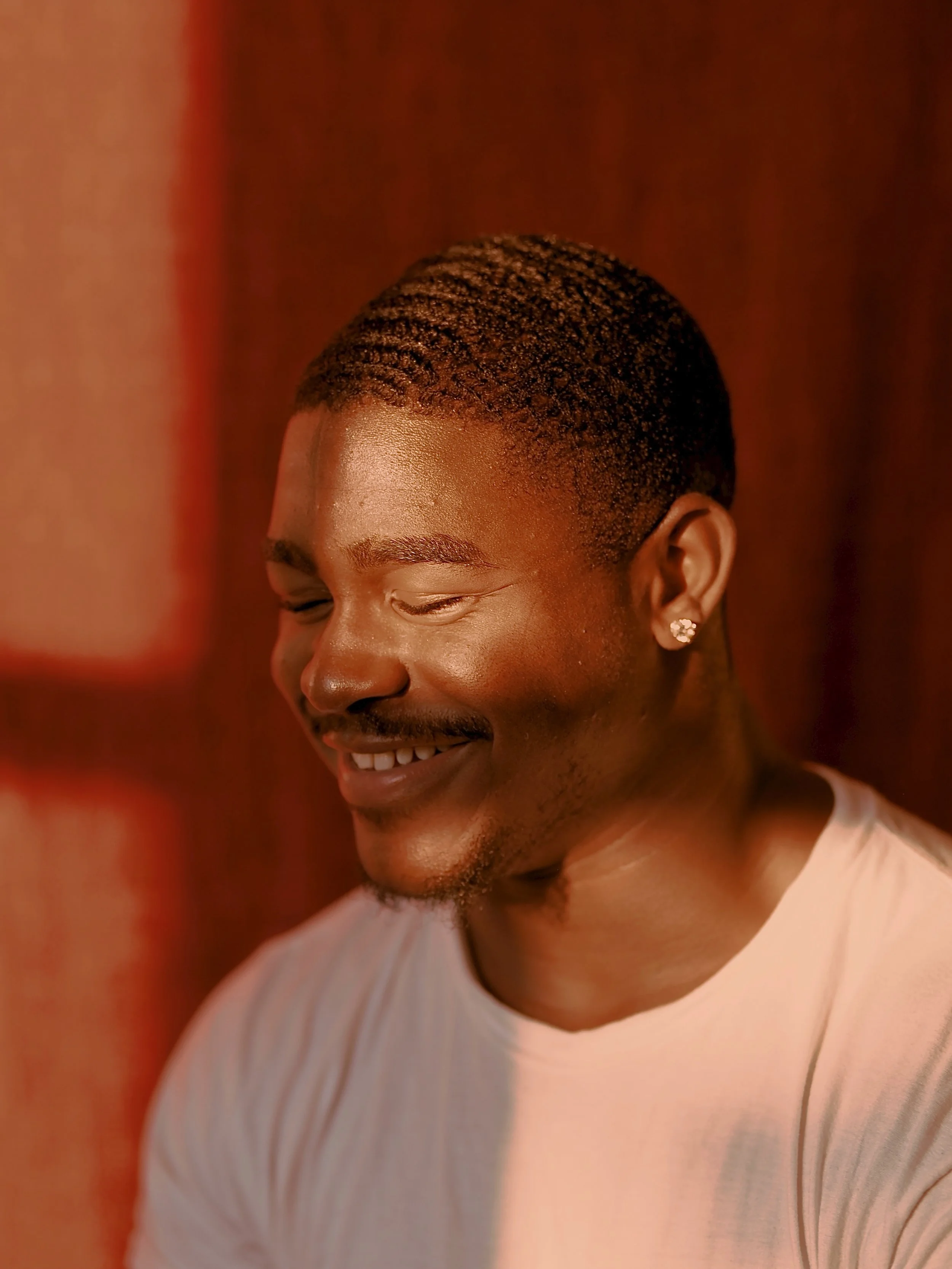Change is often a difficult and arduous task. It’s a word that is frequently thrown around but seldom executed. Change is even more difficult to foster in places where tradition is deeply ingrained. While attitudes towards mental health have evolved over time, football has been relatively slow to embrace change. Its demands on the body and mind can be crippling. Just the physical contact in and of itself puts a tremendous amount of stress on players, and blows to the head pose dire threats. The game hasn’t changed very much. Only recently has the football community begun to recognize the existence of mental strains that can be separated from physical blows. I spoke with Yale’s Head Football Coach Tony Reno to gauge his perspective on mental health and football.
—————-
Football requires extreme levels of mental and physical toughness. For a long time, however, the mental aspect was more expected than coached. Reno, Yale’s head coach for the past seven years, played football at Worcester State College in Massachusetts. A lot has changed since then. “When I was playing in high school or college I think [struggles with mental health] were there, but there was just not as much awareness. There were probably people with symptoms but there was a lack of knowledge or acceptance so people couldn't handle it as much.” He continued, “I've seen a growing awareness of [mental health] and a decrease in its stigma. When I was playing... it was kind of taboo and people didn't want to talk about it. Now it’s more part of growing as a person.”
It is key that acknowledgement in the football community continues to grow. The violence of football and the difficulties it presents — like injuries to the body and concussions — make it of paramount importance to continually monitor players’ mental wellbeing. Reno understands this, saying, “You're in a sport where there's so many demands — [in] the Ivy league you're training year-round for ten games and there's a lot that goes into it. You're putting a lot of time into one thing while trying to do other things… balancing it all can be stressful for any college athlete and it can be tough.”
Succeeding in or even attempting to handling such stress takes concerted effort. Part of Reno’s philosophy is to build a team with a foundation of strong relationships.“How we look at [team culture] is that, structurally, everything is built on relationships. If you have sound relationships there will be support when [players] need it. When they need it most is in times of adversity. When you build that way, where everyone needs to be there for each other, you hope the support of the team will be greater than anything else.” On top of that, Reno noted how crucial it is to have professional help readily available for student-athletes when it is required.
——————-
When I asked Coach Reno about challenges presented by the sport of football, he noted the adjustment process in particular. “You might not be able to come in and be successful because you have to get bigger and stronger. When you come into a college program and you have to reset yourself and build from the beginning... it can be a tough pill to swallow.” The physical maturity needed in college football is something not many athletes master in their first season.
A very limited number of first-year players garner playing time in their initial campaign. This means that athletes that were captains, stars, and team leaders in high school only a year prior are suddenly shunted to the background while older counterparts take center stage. Adjusting to a role change of this magnitude is a largely under-acknowledged aspect of the first-year transition. Many players choose to quit. I’ve found that it’s the camaraderie of persevering through the tough times, particularly tough beginnings, that make for the special team culture Coach Reno discussed with me.
The shared bond fostered in times of adversity allows athletes to relate to each other and lean on one another for support. Older players are able to help younger players succeed because they know how the battle is fought. Hearing a senior that you look up to say they went through similar difficulties can only embolden the pursuit of excellence. Mentorship is key, both from comrades on the field and from leaders on the sidelines. In his own growth as a coach, Reno says, “Over time we've learned how critical [mental health] is for a sound mind and body allowing students to be successful on and off the field. As coaches, it's more about getting your players ready to handle adversity [in general] and now we can do this in a more open way.”
Yale Football will begin its off-season in the coming weeks, and I can guarantee the training won’t just be physical.
By Joshua Keeler.


